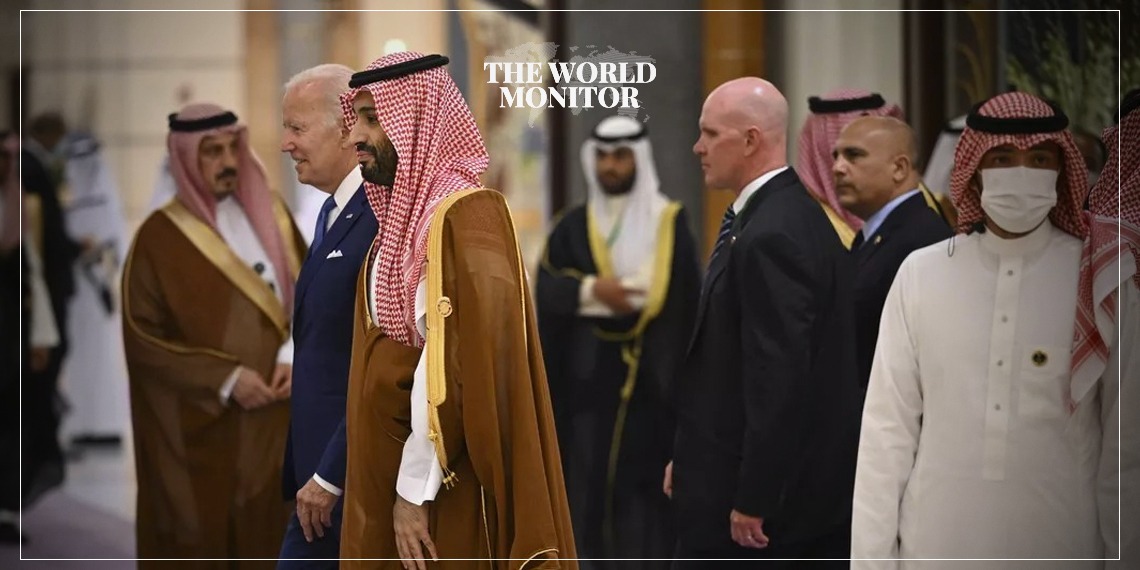The United States has announced its intention to resume sales of offensive weapons to Saudi Arabia, lifting a suspension that had been in place since the onset of President Joe Biden’s administration due to human rights concerns linked to the war in Yemen.
Deputy Spokesperson of the U.S. State Department, Vedant Patel, confirmed the policy shift during a Monday press conference.
Patel explained that the original suspension was part of the administration’s broader initiative to end the Yemen conflict, which had escalated upon their taking office.
“From the first days of this administration, we embarked on ending the Yemen war. As part of that policy, our administration froze sales of certain categories of offensive weapons, while maintaining sales of systems necessary for the Kingdom to defend itself from attacks,” Patel stated.
He further clarified that the freeze on specific categories of weapons was conditional, based on Saudi Arabia’s policies towards Yemen and their efforts to enhance measures to mitigate civilian harm. “The Saudis have since met their part of the agreement, and we are prepared to fulfill ours,” Patel added.
Initially, the Biden administration had halted offensive weapon sales to Riyadh amidst concerns over the casualties resulting from the Saudi-led war against the Houthis in Yemen, which had resulted in thousands of civilian deaths.
The conflict eventually saw a ceasefire brokered by the United Nations in the spring of 2022. Despite the official end of the ceasefire, the truce persisted, even as the Houthis escalated their aggression in the Red Sea in response to the war in Gaza.
When asked about the prolonged duration to lift the freeze on offensive weapon sales, Patel remarked, “These matters are processes, and they take time.”
He elaborated that the policy was tied to intense diplomacy, including direct negotiations with the Saudis aimed at ending the war.
“In March 2022, the Saudis and Houthis entered into a U.N.-mediated truce, and since then, there have been no Saudi airstrikes on Yemen and cross-border fire from Yemen into Saudi Arabia has largely ceased,” he explained.
Patel also mentioned that Saudi Arabia had implemented several improvements in civilian harm mitigation procedures, including updating strike planning operations to align with American practices and continuing participation in U.S.-led joint training and exercises.
Denying any connection between lifting the suspension and the administration’s ambitious plans for Gaza post-war or the normalization between Israel and Saudi Arabia, Patel acknowledged, “Saudi Arabia remains a close strategic partner of the United States, and we look forward to enhancing this partnership.”






